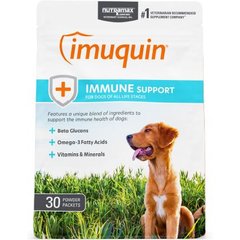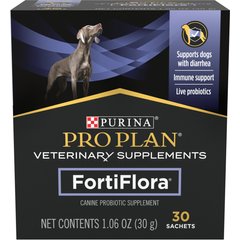3 Common Types of Pet Heartworm Meds
Where to Start?
The American Heartworm Society recommends that animals living in all parts of the U.S. be given heartworm preventive medications on a year-round basis. But which are the best heartworm meds for dogs and cats? While there isn't necessarily a "best heartworm medication" there are certain types of meds that may be more convenient for you and effective for your pet (if given in the proper dose on a regular schedule). Here are three of most common types of heartworm preventive medications to discuss with your veterinarian.
1. Oral Monthly Heartworm Medications
The heartworm preventives you are probably most familiar with are the once-a-month tablets or chewables. Many of the various oral heartworm medications available today contain either ivermectin or milbemycin as the active ingredient and many serve more than one function— not only killing heartworm larvae but also eliminating internal parasites such as roundworms and hookworms. You do, however, need to watch your dog or cat to be sure he/she chews the entire piece or tablet and doesn’t spit any of it out. Otherwise, the heartworm medication loses its effectiveness.
3 Common Types of Pet Heartworm Meds
 Nutramax Imuquin Immune Support Powder Immune Supplement for Dogs, 30 countRated 4.6 out of 5 stars80Reviews$24.99Chewy Price
Nutramax Imuquin Immune Support Powder Immune Supplement for Dogs, 30 countRated 4.6 out of 5 stars80Reviews$24.99Chewy Price Purina Pro Plan Veterinary Diets FortiFlora Powder Probiotic Digestive Supplement for Dogs, 30 countRated 4.8 out of 5 stars9679Reviews$30.99Chewy Price
Purina Pro Plan Veterinary Diets FortiFlora Powder Probiotic Digestive Supplement for Dogs, 30 countRated 4.8 out of 5 stars9679Reviews$30.99Chewy Price Purina Pro Plan Adult Sensitive Skin & Stomach Salmon & Rice Formula Dry Dog Food, 16-lb bagRated 4.4 out of 5 stars13KReviews$54.48Chewy Price
Purina Pro Plan Adult Sensitive Skin & Stomach Salmon & Rice Formula Dry Dog Food, 16-lb bagRated 4.4 out of 5 stars13KReviews$54.48Chewy Price Virbac Epi-Otic Advanced Ear Cleaner for Dogs & Cats, 4-fl oz bottleRated 4.7 out of 5 stars2588Reviews$12.34Chewy Price
Virbac Epi-Otic Advanced Ear Cleaner for Dogs & Cats, 4-fl oz bottleRated 4.7 out of 5 stars2588Reviews$12.34Chewy Price
3. Injectable Heartworm Medication
Along with being used in other forms of heartworm preventives, Moxidectin can be administered as an injection for up to six months protection from heartworms. The injectable heartworm medication does come with restrictions on its use. Veterinarians must administer this heartworm medication to their patients, and this is only after intensive training in its proper use. Your veterinarian is also required to record the lot number of the product used for your pet and must report any adverse effects that may arise.
Follow Instructions and Consult Your Vet
No matter which medication you choose for your dog or cat, read the medication's label closely and follow its instructions. Additionally, tell your veterinarian if your pet shows signs of illness after administration and be sure to have your dog or cat tested yearly for heartworms.